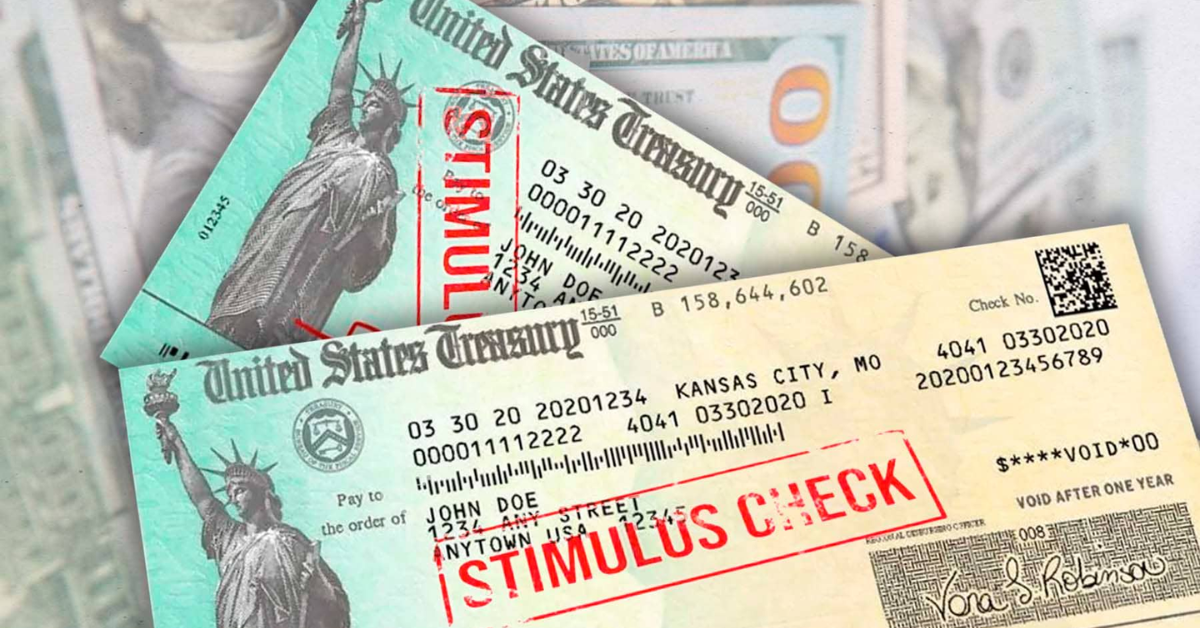If you’ve seen claims of a $1,450 SSI payment hitting your account in January 2025, you might be wondering if it’s true or just another internet rumor. Let’s break it down and set the record straight.
The Supplemental Security Income (SSI) program is a lifeline for millions of low-income individuals who are elderly, blind, or disabled. Administered by the Social Security Administration (SSA), SSI benefits are adjusted annually to account for inflation. This year, thanks to a 3.2% Cost-of-Living Adjustment (COLA), payments did increase but not to $1,450 for everyone.
So, How Much Are SSI Payments in 2025?
The maximum federal SSI payment for 2025 is:
- $914 per month for a single individual.
- $1,371 per month for a couple.
Some states provide additional payments, but even with those, most beneficiaries won’t see a direct deposit totaling $1,450. If you notice an unusually high deposit, it could be due to retroactive payments, adjustments for previous underpayments, or state-specific benefits.
When Were January SSI Payments Sent?
This month, SSI payments were sent early. Normally issued on the first of each month, January’s payment arrived on Friday, December 27, 2024, because January 1 is a federal holiday. The next payment is scheduled for February 1, 2025.
What About the $1,450 Claims?

The idea of a universal $1,450 SSI payment is misleading. Fraudsters and social media rumors often exaggerate or misrepresent government programs to grab attention. While it’s true that some people may receive varying amounts based on their specific circumstances, there’s no blanket $1,450 payment for all SSI recipients.
Stay Safe and Informed
Always verify payment details directly through your My Social Security account or by contacting the SSA at 1-800-772-1213. Avoid sharing sensitive information with anyone claiming they can help you “claim” extra benefits.
The bottom line? While January’s SSI payments arrived early, claims about a universal $1,450 deposit are false. Be cautious of scams, and rely on trusted sources for accurate information about your benefits.



